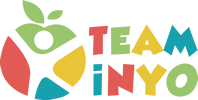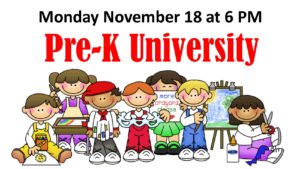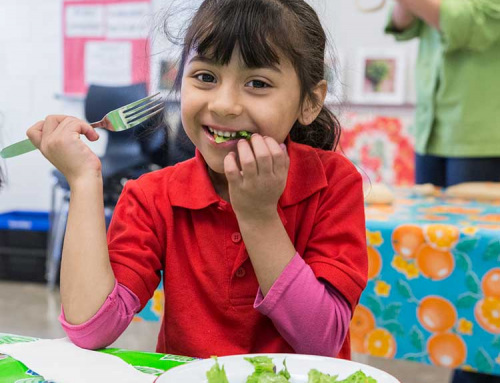Parenting strategies and supports make a difference in today’s hectic family life
By Jody Veenker – Inyo County Health and Human Services
“I feel like we need a family re-set,” my friend mentioned to me the other day when we were chatting in my office.
Between community sports games and practices, her job, and the chaos of family dinners and nightly bath times, she said it just all felt, “like we’re coming apart at the seams.”
The kids were bickering more frequently, her husband was stressed by extra projects at work and easily set off by the children’s fighting, and starting school and preschool routines back up with her three children somehow left her more exhausted than ever.
I sympathized, we parted ways, and it wasn’t until I was driving home that evening that I realized I should’ve made her a counter-intuitive offer: So now that you’ve told me how busy and stressed you are, do you want to participate in our next parenting class?
Too busy is the new norm for many U.S. families.
The Pew Research Center did a nationwide study in 2015 that found that more than 30% of parents report “always feeling rushed and overburdened.” And not surprisingly, the more rushed you feel, the higher levels of stress and dissatisfaction you report.
65% of parents say they find it difficult to balance work and family. 60% of working moms say they don’t have enough time for friends, hobbies, or other self-care activities.
A lot of this stress relates to how family life has changed in the last few decades.
Currently, 60% of households have 2 working parents, a percentage that has doubled from 30% in the 1970s according to Bureau of Labor statistics. And across America 15 million single parent households bear a similar burden on a sole set of shoulders.
A Gallup poll in 2014 found that the average American worker puts in 47 hours a week, and 18% of Americans work 60 or more hours a week.
“This is not an individual problem, it is a social problem,” Mary Blair-Loy, a sociologist and the founding director of the Center for Research on Gender in the Professions at the University of California, San Diego told the New York Times when the Pew report was released last year. “This is creating a stress for working parents that is affecting life at home and for children, and we need a societal-wide response.”
Families have started adjusting to these pressures in a lot of positive ways already.
The average amount of weekly household chores that men engage in has doubled to almost 9 hours a week, and men’s child rearing responsibilities have tripled to an average of 7 hours a week. And overall, parents report spending more time with their children and less time on chores than in previous generations.
But one item that makes a difference for families like my friend’s is a surprising solution: add a parenting class to your To Do list.
Studies using the Parent Stress Inventory, and Coopersmith Self Esteem Inventory, show meaningful decreases in family stress and increases in esteem after parents engage in parent skill building.
“What helps families maintain a happy balance in the long run is skill building and social support,” says Thelma Potter of the Messinger Family Institute. “You can find both in a good parenting class.”
Local parents also report increased family satisfaction after participating in the Triple P (Positive Parenting Program) classes that are provided by both Inyo County Health and Human Services Prevention and First 5 Inyo County staff.
“Every parent wishes their kid came with an instructional manual at some point,” says Jean Turner, the Director of Inyo Health and Human Services. “A parenting class is a great place to learn lots of tools and strategies so you can select the ones that fit your family and your child’s needs.”
When I got home the other evening I called my friend to let her know that our next sessions of Triple P for raising children or raising teens were starting in September after Labor Day.
I told her that by investing an hour a week for a few months she could improve family relationships and feel better about the intentional ways she was managing her children’s difficult behaviors.
I also told her what some of the parents who have completed class with us this past year said on their exit surveys: “I learned how to listen to and how teach my son in new ways”, “I really liked learning from other parents and applying their ideas in my family”, “It feels great not to have to nag my child about the same behavior over and over again anymore.”
Rather than seeing this as another responsibility in a sea of competing demands, I suggested a class was going to help her feel empowered and encouraged to meet more of those demands.
93% of moms and 94% of dads say that parenting is extremely important to their identity. Why not feel like you’re intentionally becoming the best parent you can be?
You can call Inyo HHS First 5 at 873-6453 to sign up for a class on Parenting Children on Thursdays starting November 3 from 6 to 7 PM, or you can take our Developmental Seminar on Preschoolers Ages 3 to 5 on Monday Nov. 14 at 5:30 PM.
For free flyers for the upcoming classes visit www.inyocounty.us/first5 .









